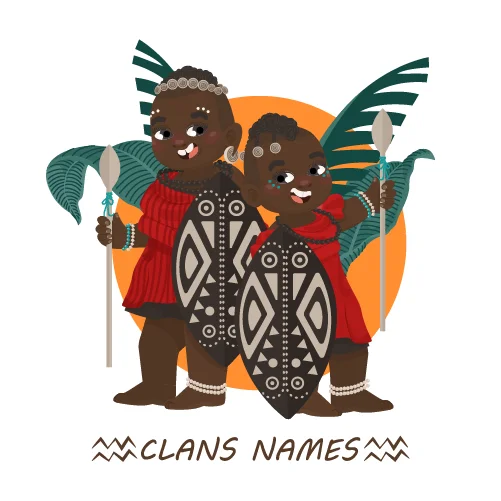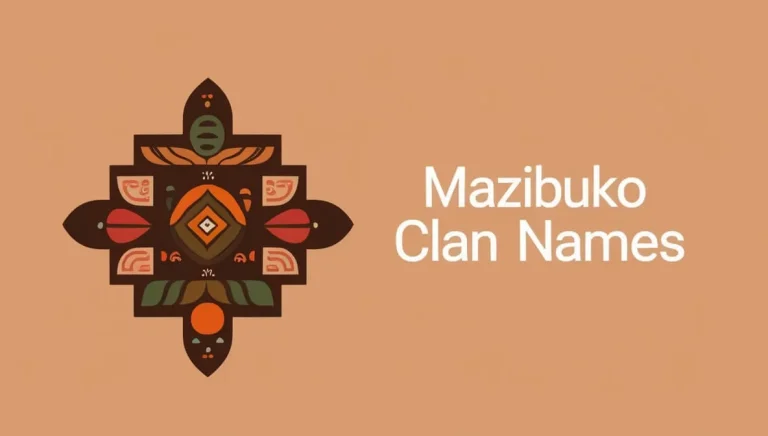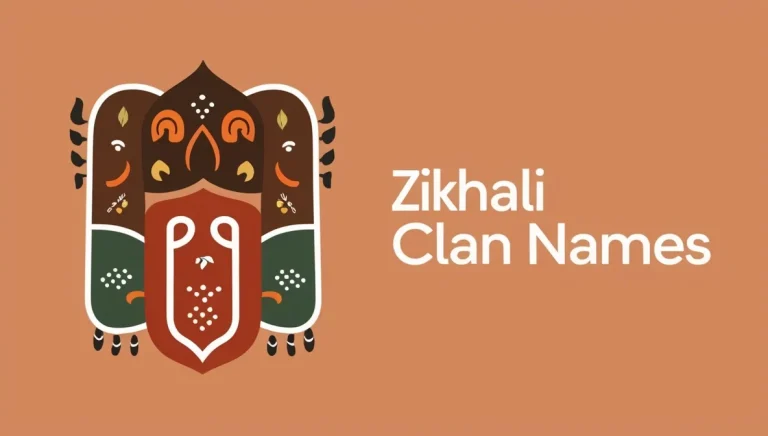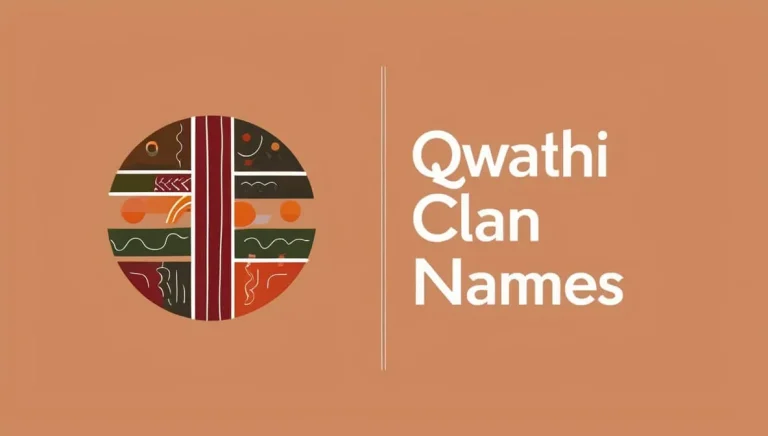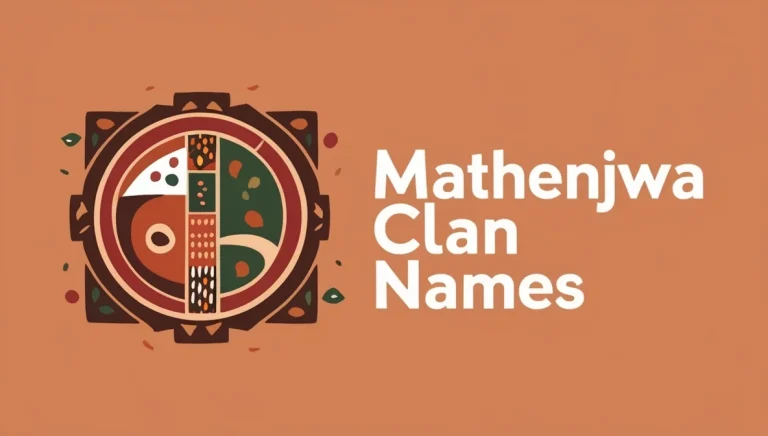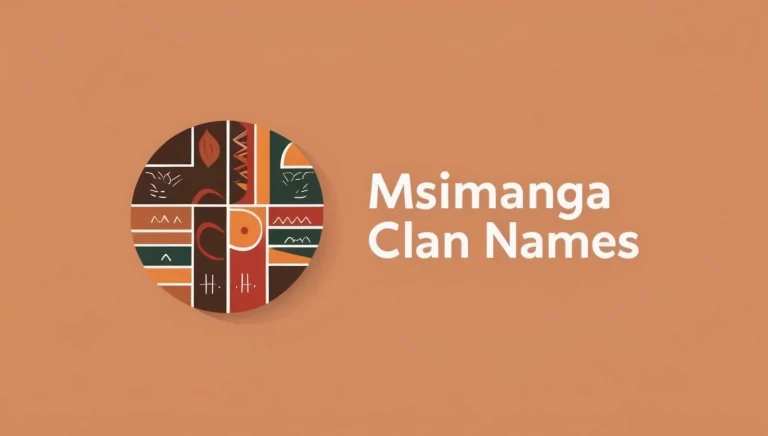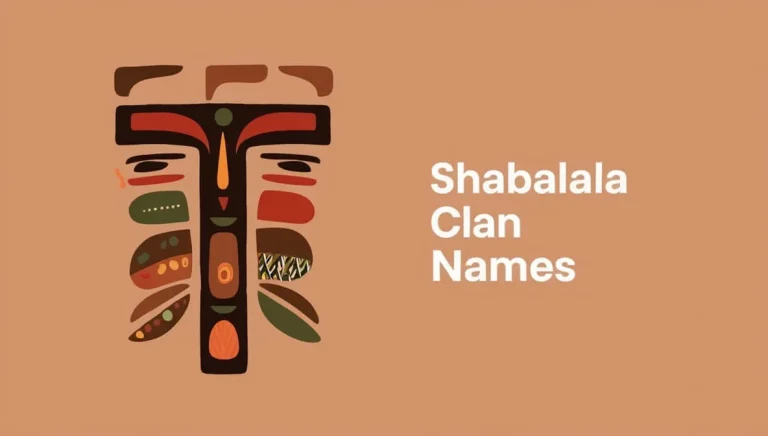Izithakazelo Zakwa Xhosa Clan Names History and Origin
The Xhosa are a people of southern Nguni stock and speak mutually intelligible dialects of Xhosa. They are divided into several proud clans including the Pondo, Bomvana and Thembu.
Before Kingdoms were imposed there was little rigidity in the Xhosa society and the patrilineal system of clans remained intact.
Before the end of apartheid in 1994, the South African government introduced homelands – Transkei and Ciskei for Xhosa citizens which denied them South African citizenship.
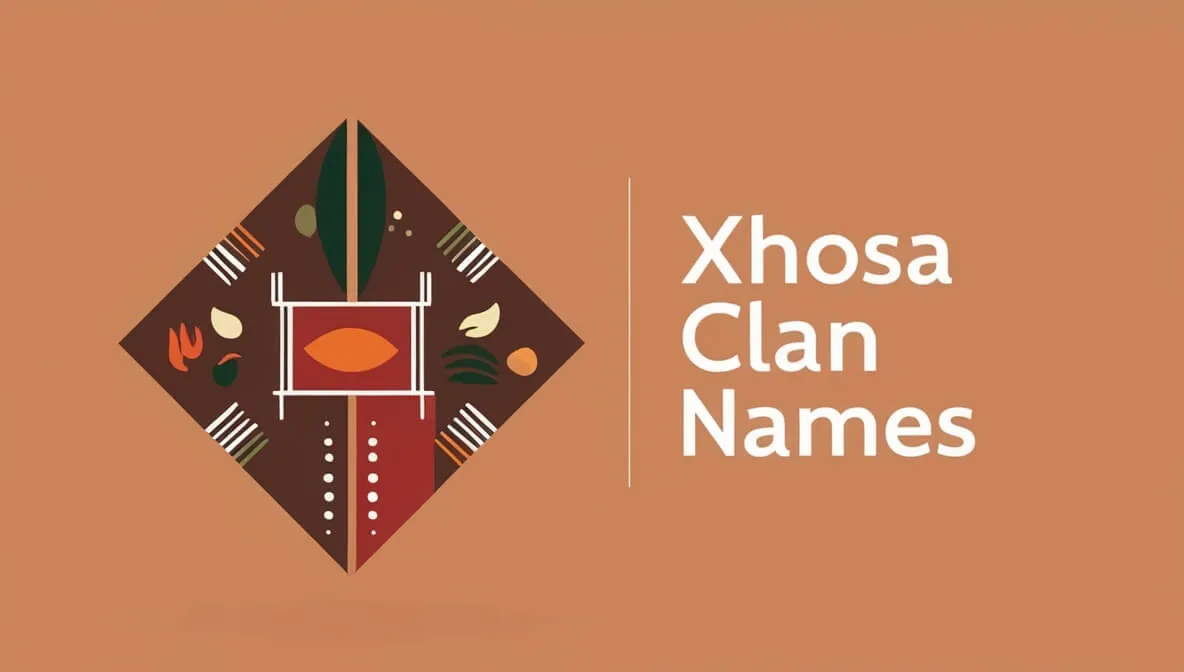
Xhosa Clan Names
- Ntshingwayo
- Dlomo
- Cebekhulu
- Jolobe
- Maphumulo
- Gqiba
- Mhlontlo
- Ngqungqushe
- Ndamase
- Dalindyebo
- Mbombo
- Mthembu
- Mpondo
- Qwathi
- Thembu
- Gcaleka
- Ndlambe
- Xesibe
- Mfengu
- Hlubi
Xhosa Clan Origin
The Xhosa are one of the three Nguni nations found in South Africa. They are also known as the Red Blanket People. They are made up of a diverse group of proud clans which includes the Pondo, Bomvana and Thembu.
It was also the first group of Nguni tribes to settle in Southern Africa. Their settlement was in the Eastern Cape and they later spread to the Western Cape. The Xhosas are traditionally a nation of clans and not families, as in other African groups. Clans make up tribes and tribes make up nations.
During the Third Frontier War, the Xhosas were forced east by British colonial forces. This disrupted their traditional lineage-family homesteads and social system. As a result, they grew increasingly hostile to whites and clashed with them.
As the Xhosas were becoming more and more hostile to whites, it was important for them to purify themselves of witchcraft. It was believed that this would help them repel the invaders. Nongqause, the wife of a Xhosa warrior, took up this cause and preached about it.
She encouraged her followers to kill all their cattle and destroy their grain, as this would purify them and help drive the whites away.
The men of the Xhosas often wore goatskin bags that they used to carry their tobacco and knife. These bags were very difficult to make as the skin had to be removed in one piece, cured without removing the hair and then turned inside out. The women made beadwork, which was a popular form of art amongst the Xhosas.
Xhosa Clan Meaning
Like most Bantu peoples, the Xhosa believe in an all-powerful Supreme Being called uThixo or uQamata. They communicate with this spirit world through ancestral intermediaries and are often visited by their ancestors in dreams. Xhosa religion is marked by elaborate and lengthy rituals, initiations and feasts.
The Xhosa are a people with a deep love for family and community. When a child is born, a ceremony known as imbeleko is held to introduce the baby to their ancestors and to the wider community. When a boy reaches the age of 18, he will be circumcised and mentored by elders in the veld to learn how to become a man.
Clan names are very important to the Xhosa, and they serve as a way for people to identify their ancestry and lineage. Xhosa clan names are usually derived from the name of one of their legendary leaders, and each has its own meaning and origin.
Xhosa culture is rich and varied, with music and dance playing a significant role. Storytelling is also an integral part of Xhosa culture, and even their language has clicks that make it unique. In addition to dancing, Xhosa men practice a form of stick fighting called umtyityimbo. This requires them to make their upper bodies tremble and vibrate while dancing, and it is a symbol of strength and bravery.
Xhosa Clan Etymology
There are a number of theories on the origin of clan names. The most popular is that the names are derived from the place of birth or an ancestral homestead. Others believe that they reflect the values of the individual.
Regardless of the origin, Xhosa names are considered sacred and they have special meaning. It is common for a person to change his or her name when he or she gets married. This is done to signify that he or she has joined the family of the new wife. Children are also given a new name when they are born or when they start school.
Clan names can also be used to differentiate between members of the same family. For example, a member of the Ngqibele house is called uNqibele (the eldest son) while an member of the msinyane family is known as uMsinyane (the youngest son).
Xhosa oral tradition states that Tshawe usurped the leadership of the Xhosa from his half-brother Cirha. Thus Tshawe became the dominant house of the Xhosa and is now known as amaTshawe.
The chiefdom was the social, administrative and judicial centre of the Xhosa society. The homesteads of a particular area were under the authority and jurisdiction of the local chief. The homesteads were often built around the Great Place, which was a venue for rituals such as the annual military review ‘itola’ and the ceremony where the first fruits ‘ulibo’ are tasted by the chief.
Xhosa Clan Significance
Xhosas attach great significance to their clan identities. Often more so than their surnames or even their names, this is the identity that matters most to them. It is a source of pride and it is considered shameful to not know one’s isiduko. The Xhosas are also highly ritualistic and have a strong ancestor worship.
The Xhosa people are also famous for their singing and dancing. Xhosa music, known as umtyityimbo, is a wonderful blend of African rhythms with traditional Western instruments. The dancers’ upper bodies tremble and vibrate with the energy of the music.
Male and female initiation in the form of circumcision is practiced among most Xhosa groups. The male abakweta (initiates-in-training) live in special huts isolated from the rest of the community for weeks and must adhere to numerous taboos and act deferentially to their adult male leaders.
Xhosa women take their husbands’ surnames when they marry but retain their clan names and add the prefix Ma- to them. Often when a Xhosa woman wants something from her husband she will address him by his clan name.
Using his clan name will soften him and make it easier for him to give in to her demands. For example calling Nelson Mandela Madiba carries more dignity to him than just his given name because it puts him in the position of his illustrious ancestor.
